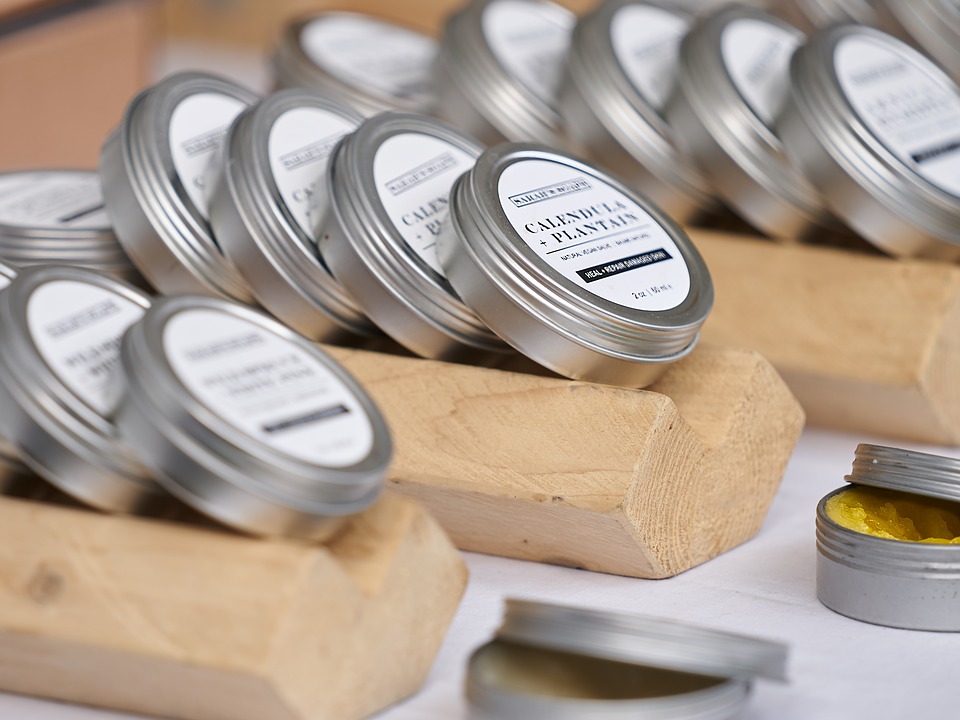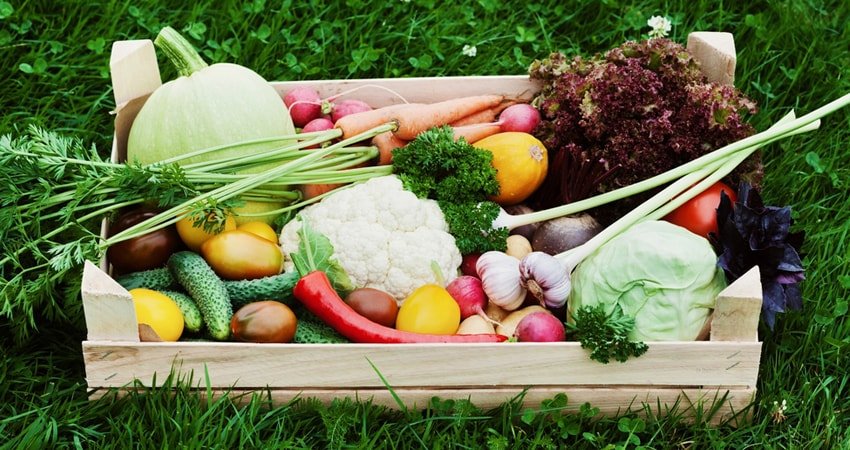Organic cosmetics have a long history. It is known to have been widely used in ancient Egypt, Greece, and Rome. Historians have reported the use of olive oil and rose water to make skin creams. In the past, cosmetics were mainly used by women to make themselves more attractive to men. Fortunately, the reasons for their use have shifted from pleasing others to pleasing oneself, and today, cosmetics are for everyone. Both men and women use them for various purposes, including perfume and to get rid of skin imperfections.
Organic vs. Synthetic
Organic cosmetics are products composed of natural ingredients that have not been chemically processed. Synthetic preparations contain chemicals that are foreign and unnatural to the human body. When they enter the bloodstream, they often cause various ailments, ranging from allergic reactions to debilitating and life-threatening diseases. Synthetically processed cosmetics may have more negative effects than positive ones, although not all people are affected in the same way.
In the case of organic cosmetics, however, it is quite the opposite. More and more, organic products are now being evaluated for their various benefits. Not only do organic cosmetics look good, smell good, and make you feel good, but they also have therapeutic properties and are very healthy in terms of skincare.
Ingredients for Organic Beauty Care
Organic skincare products are also good for your body. These products are powerful, healing, unique, pure, and effective. For instance, essential oils of all kinds such as argan, rose, lavender, avocado, coconut, grape, jojoba, olive, sesame, and almond are well regarded for their unique properties.
Organic products also include all kinds of superfoods such as spinach, green tea, kale, grapefruit, pumpkin, and apple. People of all ages love organic beauty brands, not just because it’s a trend but simply because the products work.

Are Organic Skin Care Products Worth the Price?
Many organic cosmetics are expensive, and you should know why. The biggest reason for the cost is undoubtedly the time and effort required to harvest and distill the product to approve everything approved of its natural state. Let’s take a look at the distillation process of the Bulgarian rose plant, for instance.
Distillation Process
On organic farms, no chemicals or growth hormones are used. They operate without pesticide residues or other unnatural chemicals commonly used in agriculture. The roses are harvested daily by hand, a time-consuming and labor-intensive process. They are then placed in a distiller, where the essential oil is released and then cooled. Finally, the oil and water are separated. This is just the short version of the process.
If you consider this and compare the prices with synthetic products, you will find that the prices are not much different and that you can buy good organic products at reasonable prices. Organic cosmetics are well worth the price.
Shelf Life
The short shelf life of organic cosmetics is why many people do not choose organic cosmetics. However, the short shelf life is apparent: they do not contain antibacterial agents, which shorten the shelf life. Preservatives increase shelf life, but they also have a significant impact on health. Is a short shelf life a reason not to choose organic products? We don’t think so. You can have clean, fresh organic products, and by the time they expire, you will probably be using them anyway. Many organic products have a shelf life of a year or more. If you use them daily, the short shelf life will not be an issue at all.
Organic Cosmetics: For Your Health and the Health of the Environment
“Green beauty” has become something of a buzzword. Today’s consumers are looking for healthier options for themselves and are concerned about nature and the impact their shopping choices have on the environment. But how do you know if a product is “organic” or not?
Organic cosmetics can be recognized by checking to see if the product is certified. In most countries, strict controls are in place to ensure that products meet strict requirements before they can be classified as organic.
Putting Your Health First
Many, if not all, non-natural products are potentially dangerous, as constant exposure to various chemicals can have long-term adverse effects on the body. We don’t mean to scare you, but it might be worth remembering.

Ethical Shopping
Ethical shopping is about consciously avoiding or choosing brands based on one’s principles. Most of us realize that we can contribute to our own and other people’s well-being through small actions and choices in our daily lives.
Ethical consumption has become an integral part of our lifestyle. Ethical shopping means buying products produced and manufactured in a way that does not harm people, animals, or the environment. One of the fastest-growing industries for this is organic cosmetics.
The raw materials used in organic cosmetics are produced to meet the required standards. Users are concerned about the impact of the products on their bodies and the effect on the environment after the products have gone down the drain. In many cases (but not all), the packaging of some organic cosmetics degrades much faster than the packaging of non-organic cosmetics, resulting in less pollution and a positive impact on the environment in general.
Start with yourself. Know your body and look at the products you need for your health. Fortunately, there are more choices now than ever before, and the ethical trend is growing. Take care of your own body. Give your skin the love it needs. Organic cosmetics support everyone’s efforts to be their best selves!



